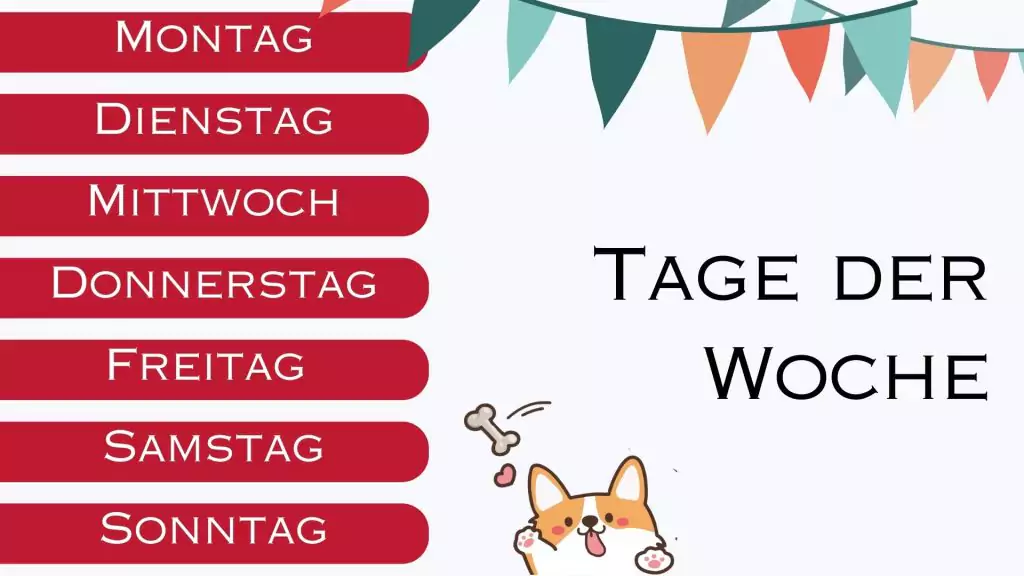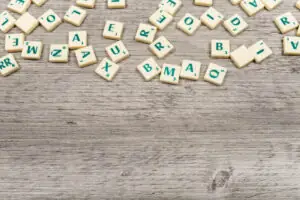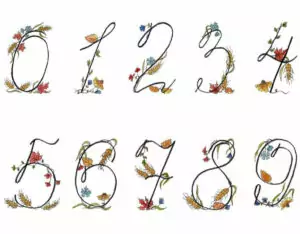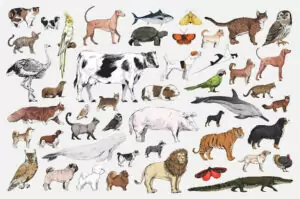Learning a new language is always an exciting journey, and if you’re on your way to mastering German, the days of the week are an essential starting point. In this comprehensive guide, we’ll delve into the German weekdays, explore their origins, pronunciation, and usage in sentences. Whether you’re a language enthusiast or planning a trip to a German-speaking country, understanding the days of the week in German will undoubtedly be a valuable asset.

✅ AI Essay Writer ✅ AI Detector ✅ Plagchecker ✅ Paraphraser
✅ Summarizer ✅ Citation Generator

Introduction to the Days of the Week in German
In German, the days of the week are referred to as “Wochentage” or “Tage der Woche.” Just like in English, the week in German starts with Monday and ends with Sunday. Let’s take a closer look at each weekday and learn how to pronounce them correctly:
Montag
Montag – Monday
Pronunciation: [mon-tahk]
Example: Ich habe am Montag eine wichtige Besprechung. (I have an important meeting on Monday.)
Dienstag
Dienstag – Tuesday
Pronunciation: [dee-en-stahk]
Example: Der Kurs beginnt am Dienstag um 10 Uhr. (The course starts at 10 a.m. on Tuesday.)
Mittwoch
Mittwoch – Wednesday
Pronunciation: [mit-vokh]
Example: Am Mittwoch gehe ich ins Kino. (I’m going to the cinema on Wednesday.)
Donnerstag
Donnerstag – Thursday
Pronunciation: [dohn-ners-tahk]
Example: Donnerstag ist mein Lieblingstag der Woche. (Thursday is my favorite day of the week.)
Freitag
Freitag – Friday
Pronunciation: [fry-tahk]
Example: Wir treffen uns am Freitagabend. (We’re meeting on Friday evening.)
Samstag
Samstag – Saturday or Sonnabend in some regions
Pronunciation: [zam-stahk]
Example: Samstag ist ein guter Tag zum Einkaufen. (Saturday is a good day for shopping.)
Sonntag
Sonntag – Sunday
Pronunciation: [zon-tahk]
Example: Am Sonntag entspanne ich mich gerne. (I like to relax on Sundays.)
Etymology and Fun Facts about German Weekdays
The German weekdays have fascinating origins deeply rooted in history and mythology. Understanding the etymology behind each name can help you remember them more effectively.
Montag (Monday) comes from the word “Mond,” which means “moon.” So, Monday is literally the “moon-day.”
Dienstag (Tuesday) is derived from the name of the Germanic god Týr, associated with war and justice. It is “Týr’s day,” just like “Tuesday” in English.
Mittwoch (Wednesday) means “midweek” in German, referring to its position in the middle of the week.
Donnerstag (Thursday) means “thunder’s day” and was named after Thor, the Norse god of thunder, who was known as Donar in German-speaking cultures.
Freitag (Friday) is connected to the goddess Frige (or Frigg in Norse), the goddess of love. It means “Freya’s day” or “day of love.”
Samstag (Saturday) has its roots in the Greek word “sambaton” or “sabbaton,” related to the “Sabbath.”
Sonntag (Sunday) comes from the word “Sonne,” meaning “sun.” Sunday is both “the day of the sun” and “sun-day.”
How to Use German Days of the Week Correctly
In German-speaking countries, Monday (Montag) is considered the first day of the week, unlike some places where Sunday takes this position. Here are some important rules for using the German days of the week in sentences:
- Capitalization: The German days of the week are usually capitalized, just like in English. For example, “Am Montag” (On Monday).
- Plural Form: When expressing that something happens weekly on a particular day, use the lowercase form and add an “s” to indicate the plural. For example, “Ich gehe dienstags in die Klasse” (I go to class on Tuesdays).
- Masculine Articles: All the days of the week in German are masculine. When using them with definite articles, use “der” (the), and with indefinite articles, use “ein” (a). For example, “Ich habe einen Termin am Mittwoch” (I have an appointment on Wednesday).
- Prepositions: To say that something is happening on a particular day, use “am” followed by the day. For example, “Am Donnerstag haben wir eine Party” (We have a party on Thursday).
- “Von…bis…” Construction: To express “from…to…,” use “von…bis…”. For example, “Von Dienstag bis Freitag bin ich auf Geschäftsreise” (I am on a business trip from Tuesday to Friday).
Mastering the days of the week in German will undoubtedly enhance your language skills and help you in various social and professional settings. Incorporate these keywords into your language learning journey, and soon you’ll find yourself confidently navigating the weekdays in German-speaking countries. Viel Erfolg! (Good luck!)
FAQ
Are German weekdays all masculine or feminine in gender?
All the German weekdays are masculine in gender. They use the masculine articles “der” (the) and “ein” (a).
How can one say “on Monday” in German?
To say “on Monday” in German, you would use “am Montag.”
How would you say “from Wednesday to Friday, I am in Paris” in German?
To say “from Wednesday to Friday, I am in Paris” in German, you would say “Von Mittwoch bis Freitag bin ich in Paris.”
Are there any differences in the days of the week among Germany?
No, the names of the days of the week are the same throughout German-speaking countries. They follow the standard weekdays, from Monday to Sunday, just like in English.
Follow us on Reddit for more insights and updates.





Comments (0)
Welcome to A*Help comments!
We’re all about debate and discussion at A*Help.
We value the diverse opinions of users, so you may find points of view that you don’t agree with. And that’s cool. However, there are certain things we’re not OK with: attempts to manipulate our data in any way, for example, or the posting of discriminative, offensive, hateful, or disparaging material.